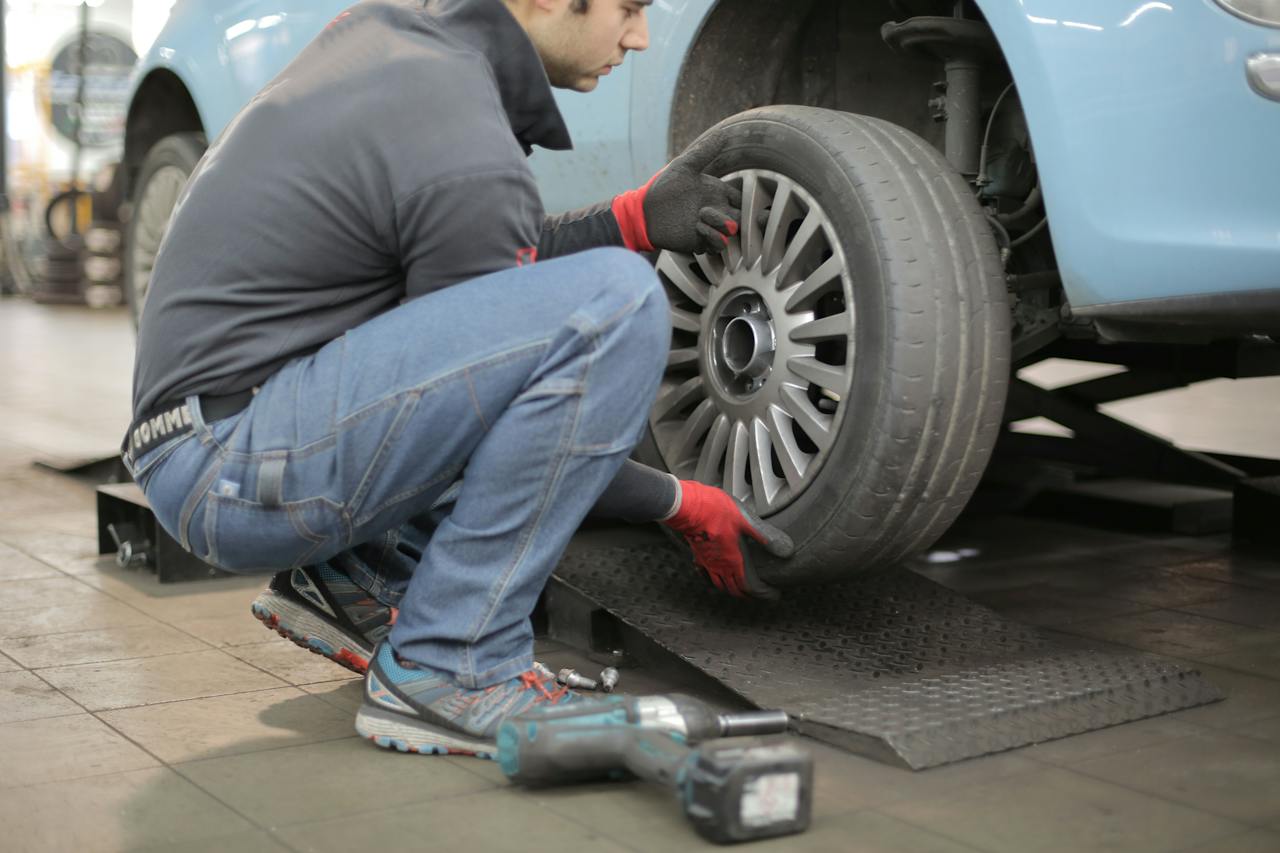The rise of electric vehicles (EVs) has brought a paradigm shift in automotive maintenance. Unlike their gasoline-powered counterparts, electric cars require different care and upkeep. This article provides a comprehensive guide on maintaining an electric car, including the benefits of using a storage unit when the vehicle is not in use.
Regular Maintenance for Electric Cars
The battery is the heart of an electric car. Regularly check the battery’s health and maintain its charge between 20% and 80% to prolong its lifespan. EV batteries can cost thousands of dollars to replace, so ensuring the health of the battery could save you a lot of money in the long run.
Brake System: Electric cars use regenerative braking, which tends to reduce wear on brake pads. However, it’s still important to inspect the brake pads, discs, and fluid periodically.
Tire Maintenance: Regularly check tire pressure and alignment. EVs are heavier than conventional cars due to their batteries, which can lead to faster tire wear.
Cooling System: Maintain the cooling system that keeps the battery and electric motor at optimal temperatures.
Software Updates: Keep the car’s software updated to ensure optimal performance and access to the latest features.
Clean and Lubricate Moving Parts: Regularly clean and lubricate parts like door hinges and latches.
Long-Term Storage and Its Benefits
If you plan to not use your electric car for an extended period, considering a storage unit can be beneficial.
Battery Health: Storing the car in a controlled environment can help maintain the battery’s optimal temperature, thereby preserving its health and charge.
Prevention of Wear and Tear: Storing the vehicle prevents unnecessary wear and tear from environmental factors like extreme temperatures, sun exposure, and precipitation.
Security: Storage units offer security against theft or vandalism.
Space Saving: Using a storage unit frees up space in your garage or driveway.
Tips for Storing an Electric Car
Charge the Battery: Store your car with the battery charged to about 50-60% to prevent degradation.
Disconnect the Power: If possible, disconnect the main power supply to avoid draining the battery.
Clean Before Storing: Clean the car thoroughly to prevent corrosion or paint damage.
Cover the Car: Use a car cover to protect against dust and scratches.
Tire Care: Inflate the tires to the recommended pressure to prevent flat spots.
Check Insurance Coverage: Ensure your car is covered for storage.
Conclusion
Maintaining an electric car is a straightforward but crucial process. Regular check-ups and appropriate care are key to ensuring the longevity and performance of the vehicle. When not in use, storing an electric car in a storage unit can provide numerous benefits, including battery preservation, reduced wear and tear, and additional security. As electric vehicles continue to evolve, understanding and adapting to their maintenance needs is essential for any EV owner.


